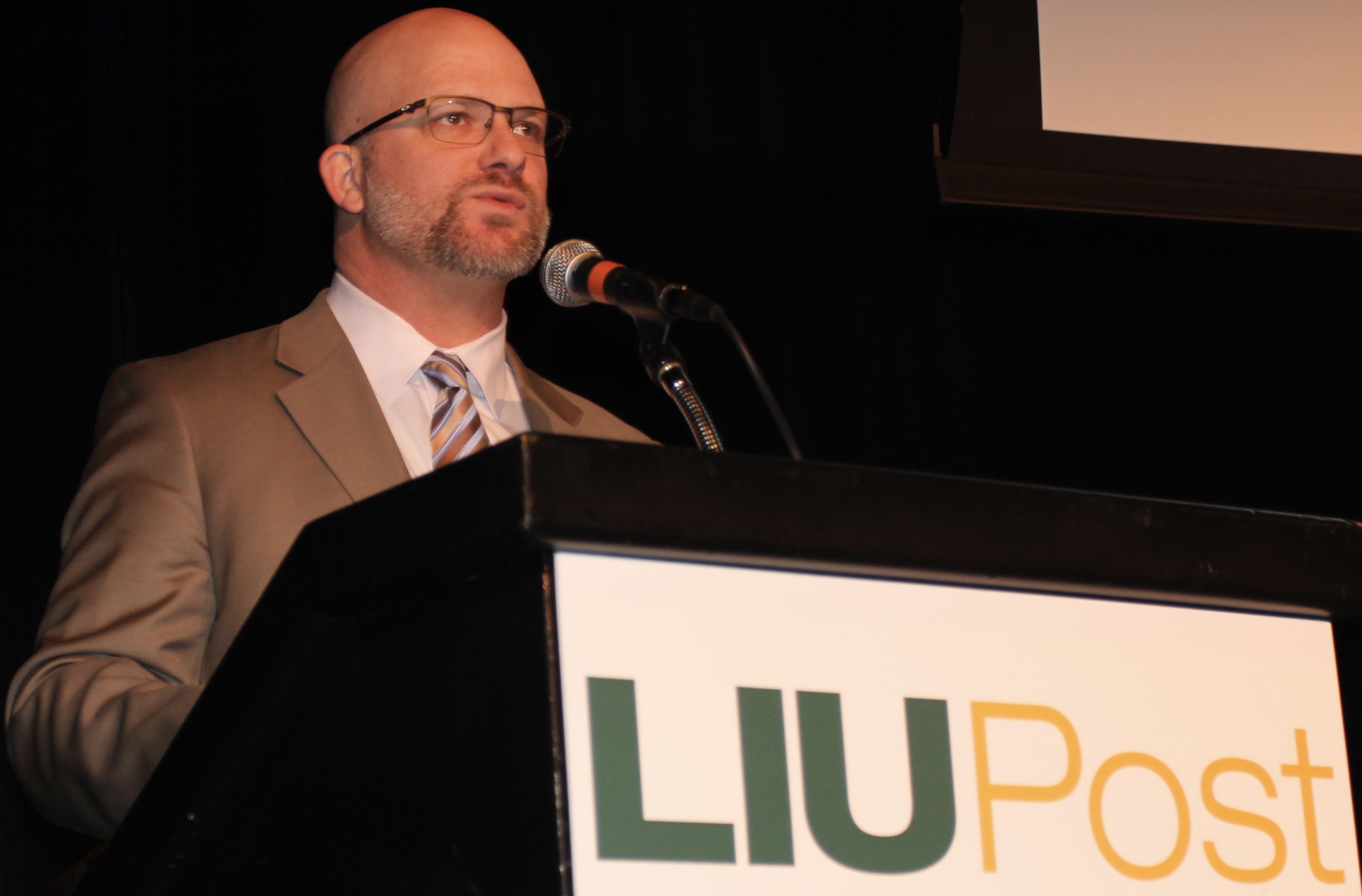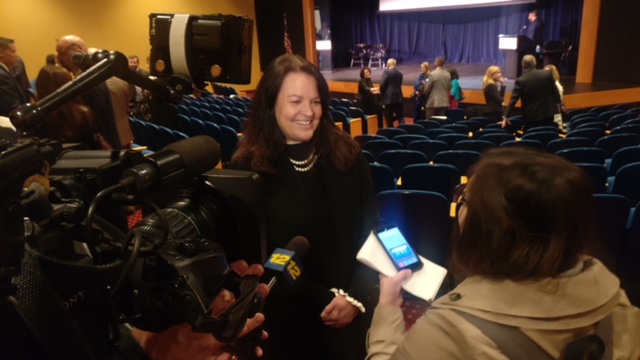LIU Post’s Archives and Special Collections hosted a unique class of students from the Norwood Elementary School in Northport, N.Y., who are called The Book Doctors because they want to learn how to take care of their library books.
As shown on Fios1 News, almost a dozen fifth-graders came to the Archives and Special Collections room on the third floor of the B. Davis Schwartz Memorial Library at LIU Post to learn firsthand from the master book repairer/book binder Paul Belard, who’s been a long-time friend of the University’s Special Collections. An engineer by training and a self-taught bookbinder who studied in France, his native country, Belard is the owner of New York Book Repair.
Also on hand for the morning session were Meghan Fitzsimmons, the new librarian at Norwood Elementary School; her predecessor, Linda Dickman, a co-teacher of “The Book Doctors”; and Jarron Jewell, acting director of LIU Post’s Archives and Special Collections and also the curator of the American Juvenile Collection, which is housed at the University.
Asked by Fios1 reporter Briella Tomassetti what he enjoys about being a Book Doctor, August Gesell, a 10-year-old student at Norwood Elementary School, replied, “My favorite part about doing this is knowing that people who have books are going to feel nice and warm inside when they get their books back.”
Fifth-grader Lily Forman described the process. “Books that are really old can take a couple of weeks to do because you have to glue back the pages [and] you have to fix the spine,” she explained. One benefit from being among the Book Doctors, she said, is that she can fix books with her friends.
Master book-binder and repairer Paul Belard, who volunteers his time with the Book Doctors, told Fios why he does what he does.
“It’s a way to pass my craft along,” he said wistfully, with a handful of students huddled behind him. “I don’t know, probably maybe one or two will keep on and go in this direction because there aren’t too many of us left now!”
School librarian Linda Dickman, who recently retired from Norwood Avenue Elementary, was instrumental in bringing Belard on board to share his skills. “In this current age of technology children are being encouraged to make things again. And what they’re doing is learning to make an old thing new.”
Dickman explained that the Book Doctors began about six years ago when a group of second graders approached her and said, “We’re going to start a club and you can join—or not!” So, she arranged for Belard to visit and he’s been a regular advisor ever since.
As part of the morning’s presentation, the students saw a first edition of Mark Twain’s “Huckleberry Finn,” which was printed in 1885, and got to examine the Special Collection’s copy of “The Book of Kells,” which Dickman dubbed “the rock star of books!” Originally created by a group of Irish monks in the year 800, this special reprint was published in 1990 by a Swiss firm specializing in the reproduction of medieval manuscripts.
Jewell also outlined the steps to take in the proper handling of vintage books with Belard weighing in. The Book Doctors do most of their work at the library before school starts. The kids were avid listeners and eager questioners. Their enthusiasm impressed their new librarian, Meghan Fitzsimmons, who said, “It’s really fun. It’s nice to see that all the kids are really interested in preserving books in the world of technology today.”
Whether they intend to follow in his footsteps and learn his craft or not, the students gave Belard a warm hug as they bid him farewell and boarded their bus to return to their school in time for lunch.
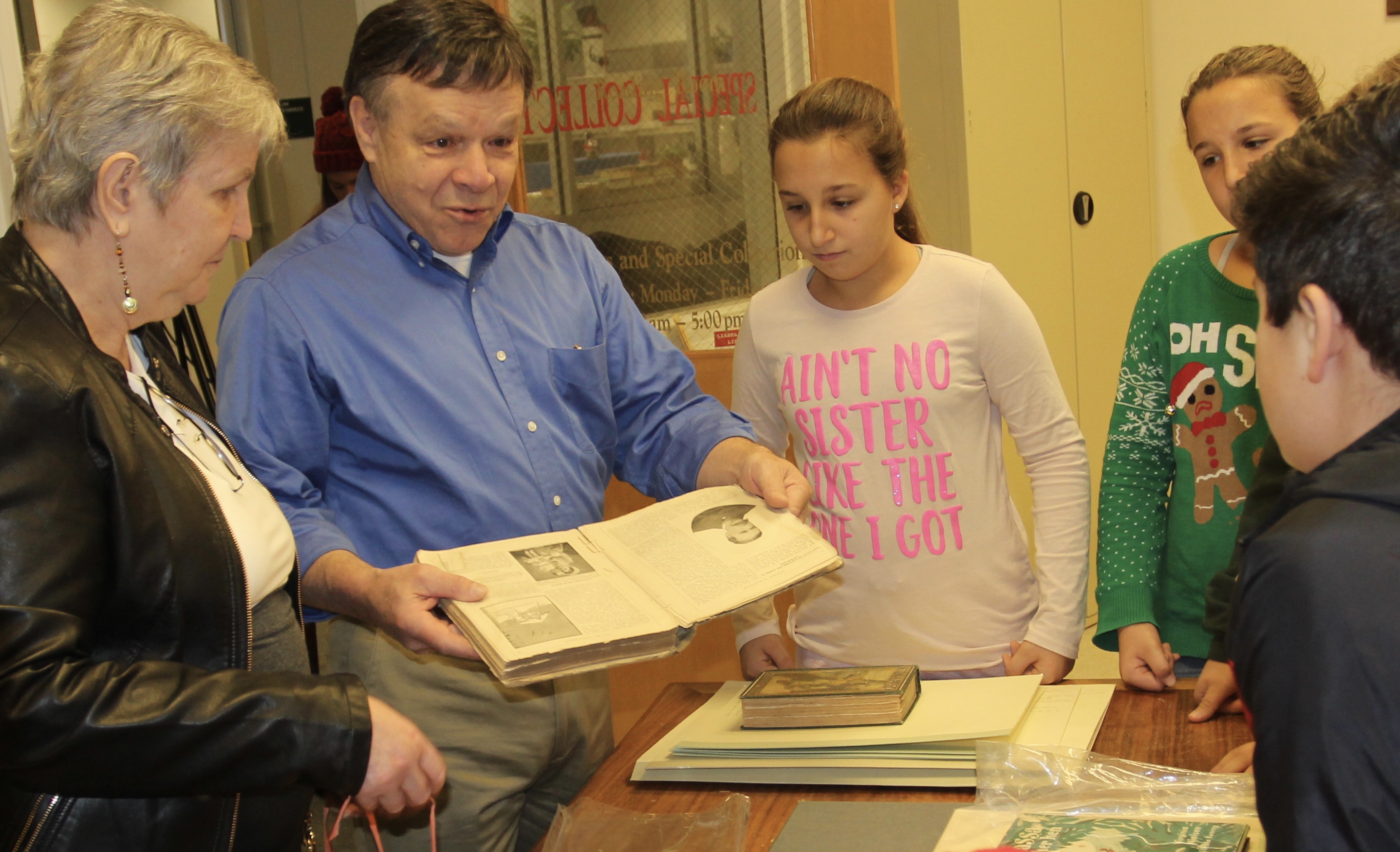



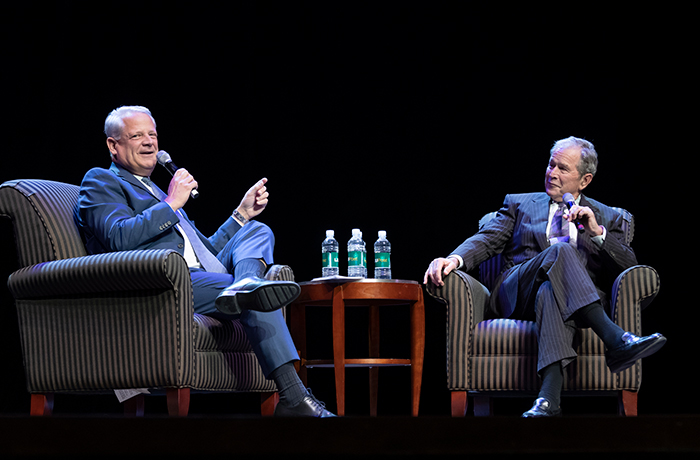

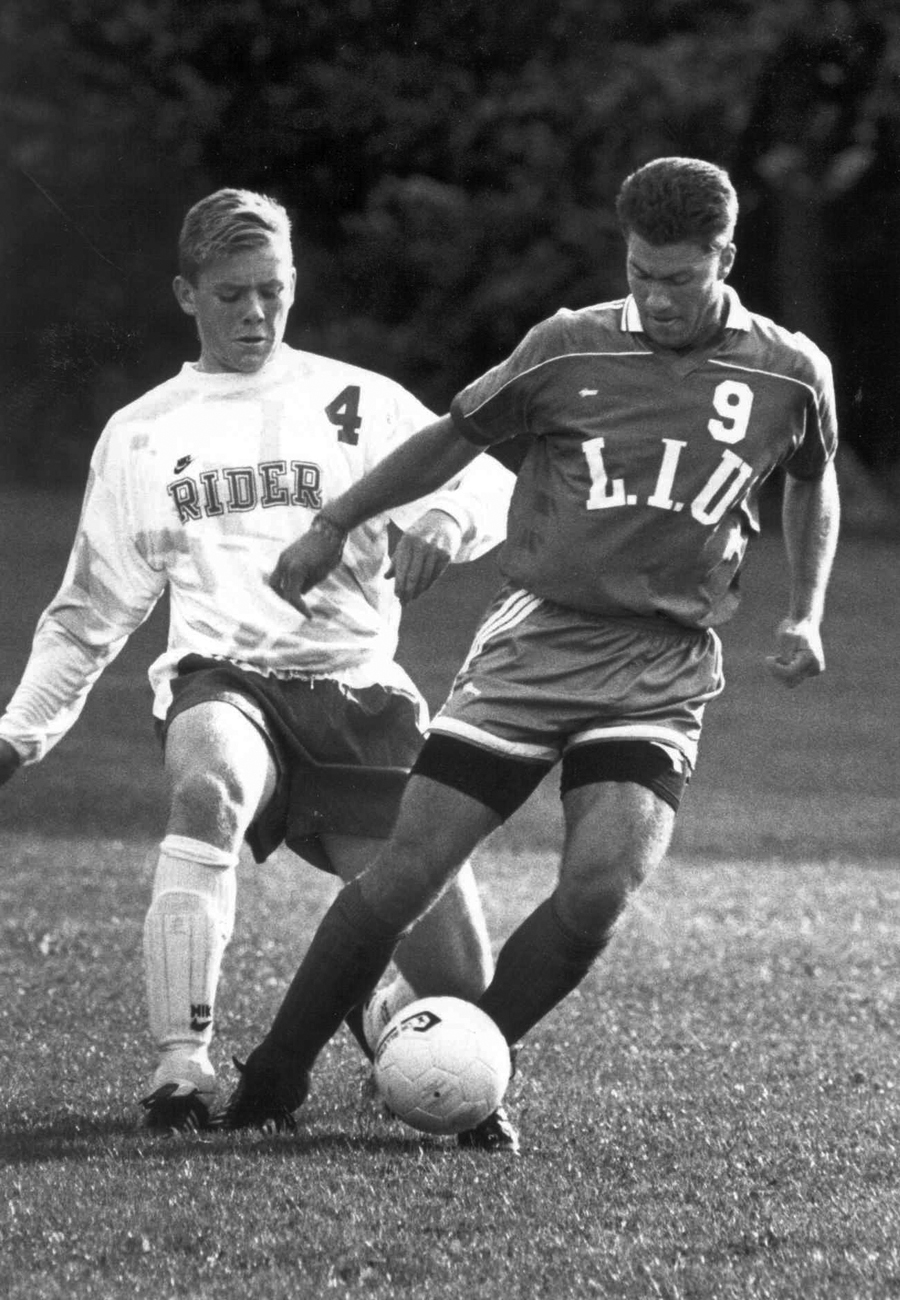

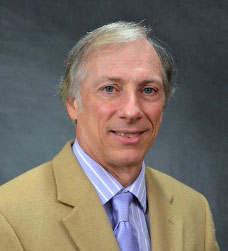
 “A lot of my work these days is on bacterial biofilms,” he said, referring to the thin, slimy film of bacteria that adheres to a surface like lunchmeat. “The good point is that biofilms don’t induce a highly robust inflammatory response so the disease isn’t so severe. The bad news is that they’re very difficult to get rid of because they’re more resistant to antibiotics and host defenses.”
“A lot of my work these days is on bacterial biofilms,” he said, referring to the thin, slimy film of bacteria that adheres to a surface like lunchmeat. “The good point is that biofilms don’t induce a highly robust inflammatory response so the disease isn’t so severe. The bad news is that they’re very difficult to get rid of because they’re more resistant to antibiotics and host defenses.”